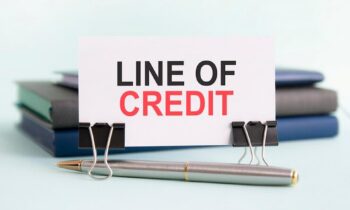Consumer proposals are a popular method of debt management. This is largely because individuals often end up repaying much less than what they actually owe their creditors. If you are considering taking this route as a means of debt consolidation without filing personal bankruptcy, you should know what filing such a proposal entails. Many Canadians have benefited from consumer proposals to help them get out of debt, but they are not without their risks.
In this article, we’ll break down what a consumer proposal is and who stands to benefit from filing for one the most.
What is a Consumer Proposal?
Consumer proposals are a form of debt repayment that involves the help of a government-licensed bankruptcy trustee to file. The trustee reaches out to creditors with a repayment proposal, which often entails a smaller repayment amount than what is actually owed. Over the typical span of four to five years, the individual then makes monthly payments toward the agreement made between them and their creditors.
Consumer proposals only work when the creditors involved agree to the terms brought forth by the bankruptcy trustee. Only if the majority of your debt holders approve of the proposals will it move forward.
Who Benefits Most from a Consumer Proposal?
There are many conditions involved in the filing of a consumer proposal that aren’t ideal for everybody. If you have the means to properly repay your creditors without filing for one, that is the best thing to do.
If you find yourself in one of these circumstances, however, a consumer proposal could be a very wise move:
- You do not qualify for a debt consolidation loan.
- You do not have a professional license that can be affected by your filing. Such professional licenses include those required to work in certain areas of finance.
- You do not object to having your information searchable on a database. Consumer proposals are public proposals, so this information can be dug up with ease.
- The majority of your debts are unsecured debts.
- You can afford to make the repayments every month, on top of your rotating debt and other bills.
- Once your Toronto home increases in value you can get a second mortgage and pay off the proposal with no penalty.
A bankruptcy trustee will help to determine which of your debts can be covered and repaid under a consumer proposal. Student loan debt less than seven years old, as well as secured debts, are guaranteed to be rejected for a consumer proposal.




